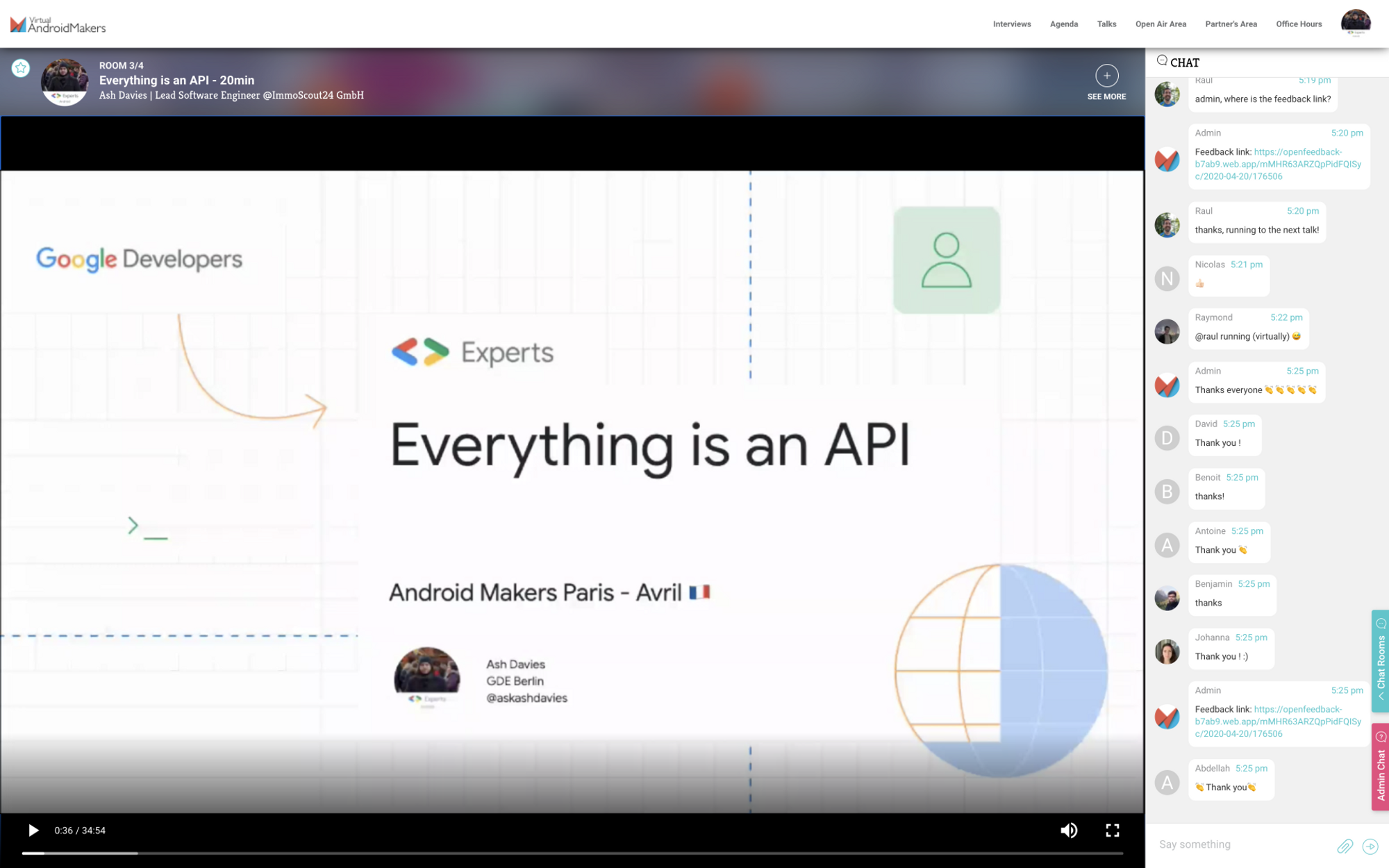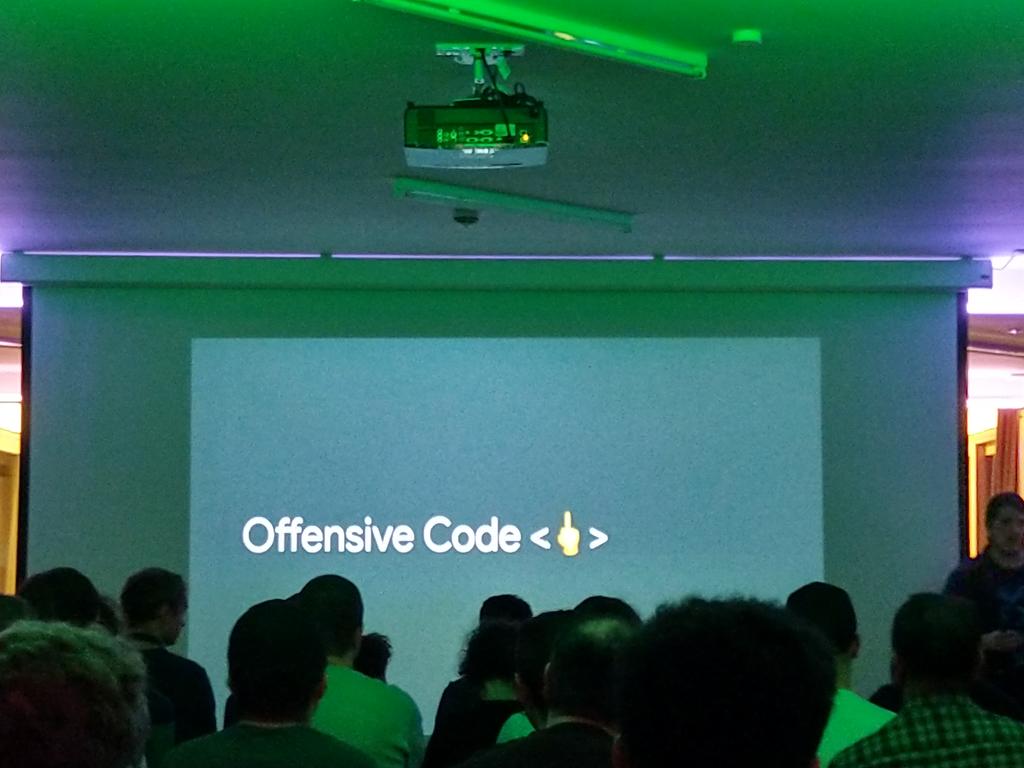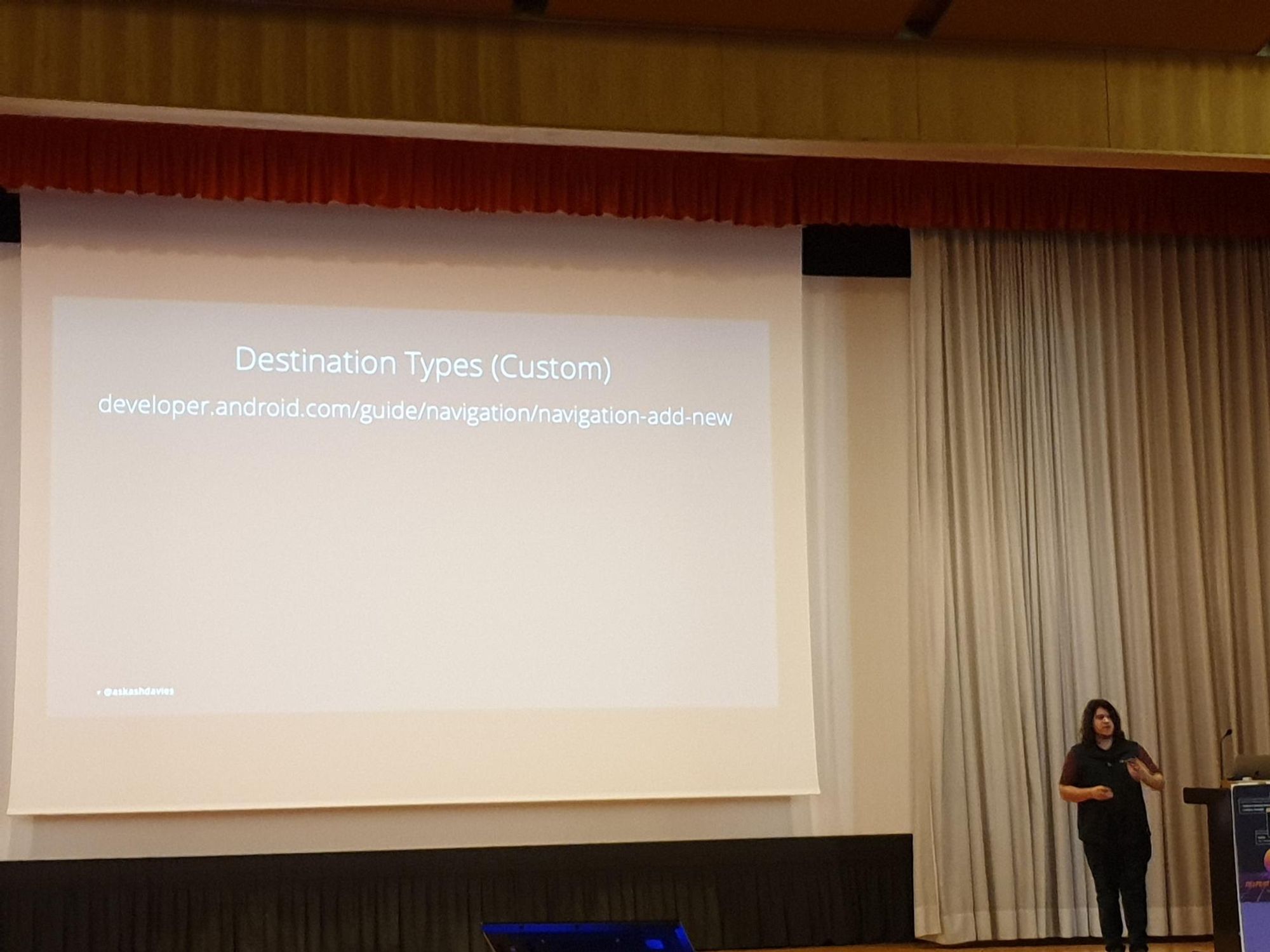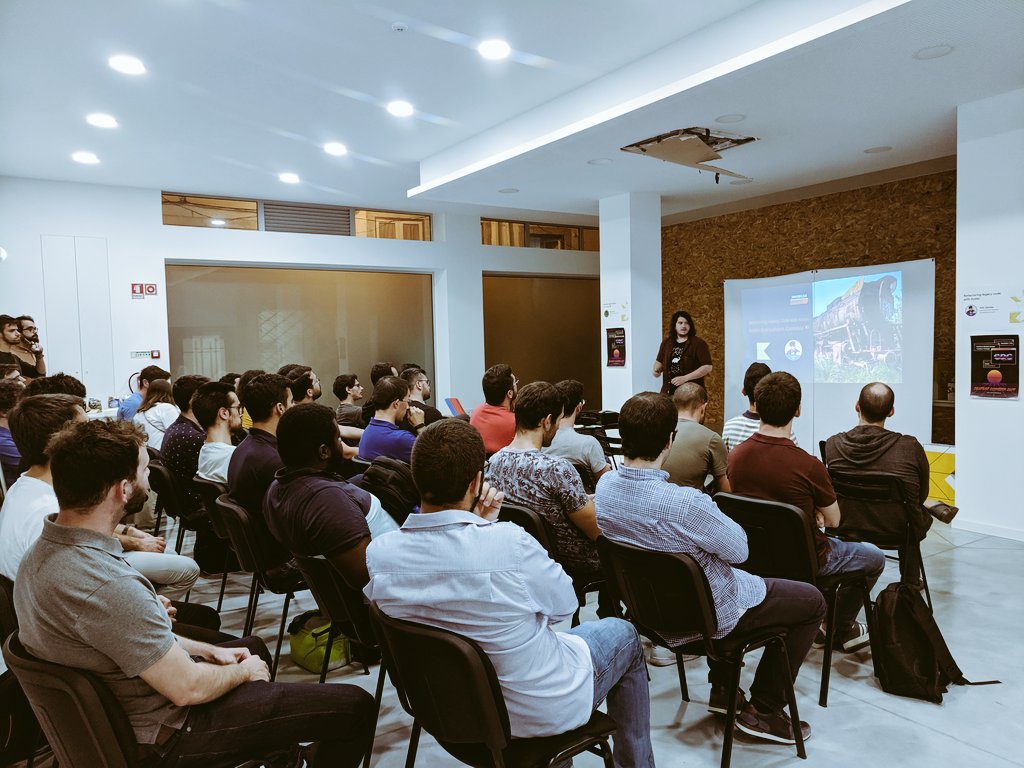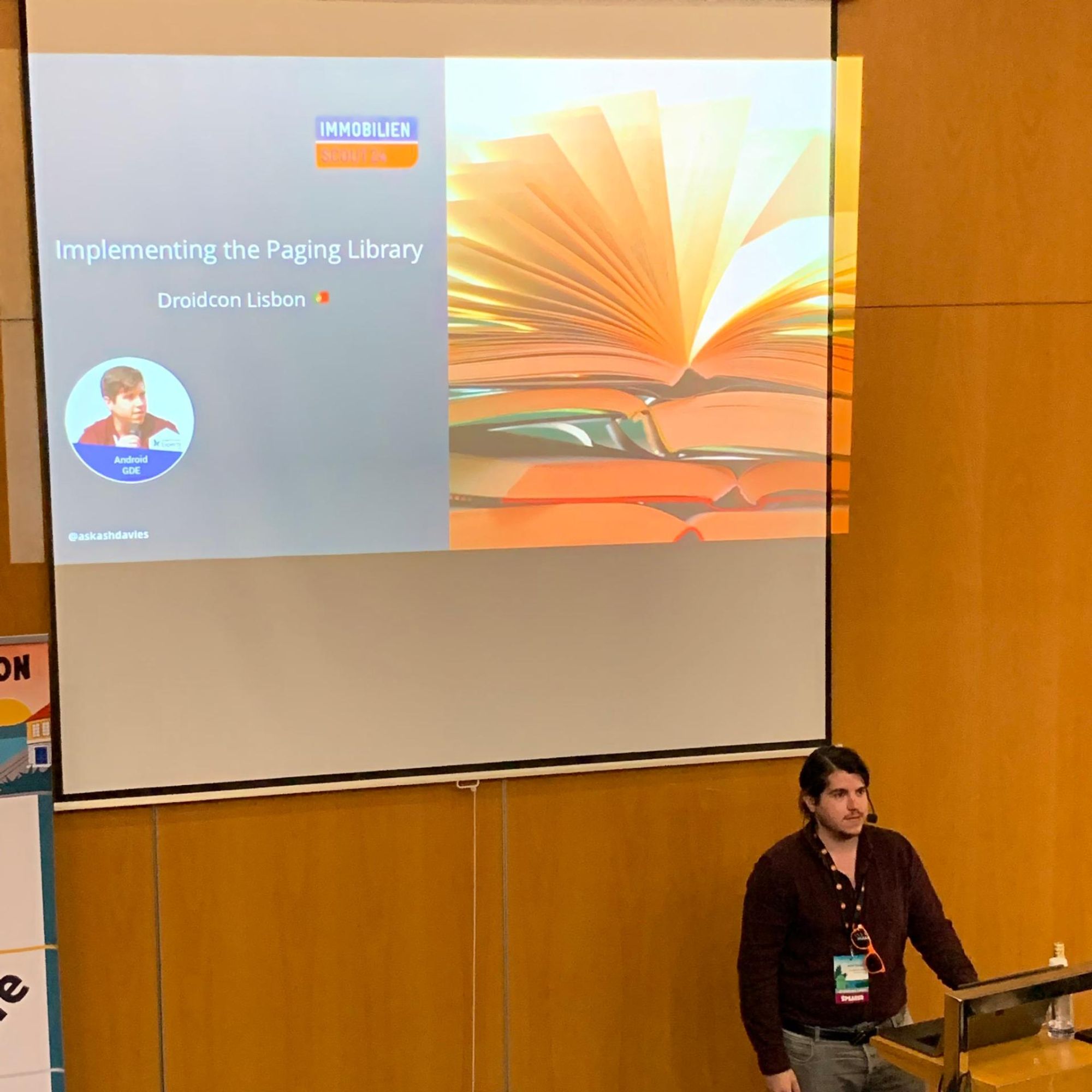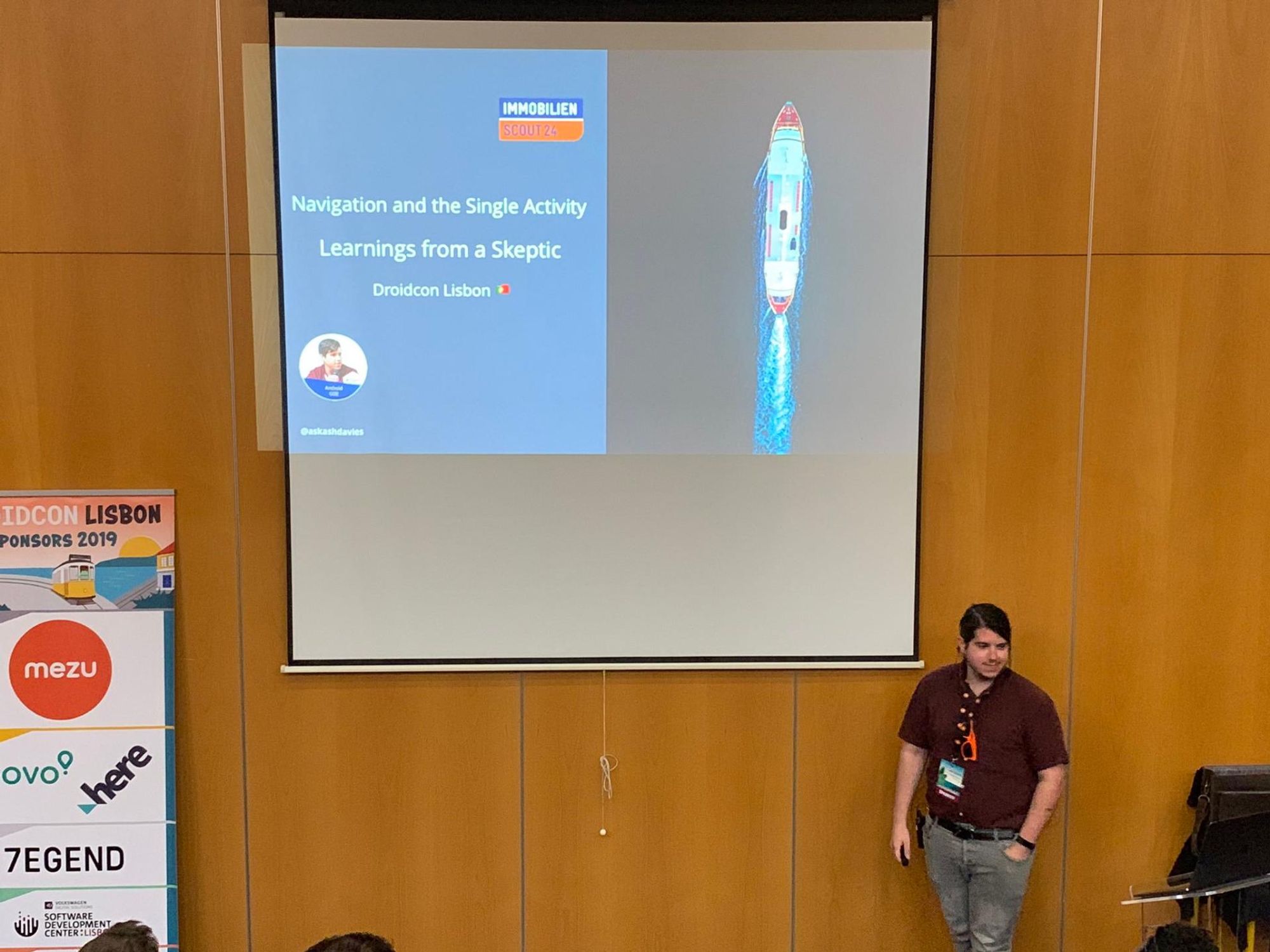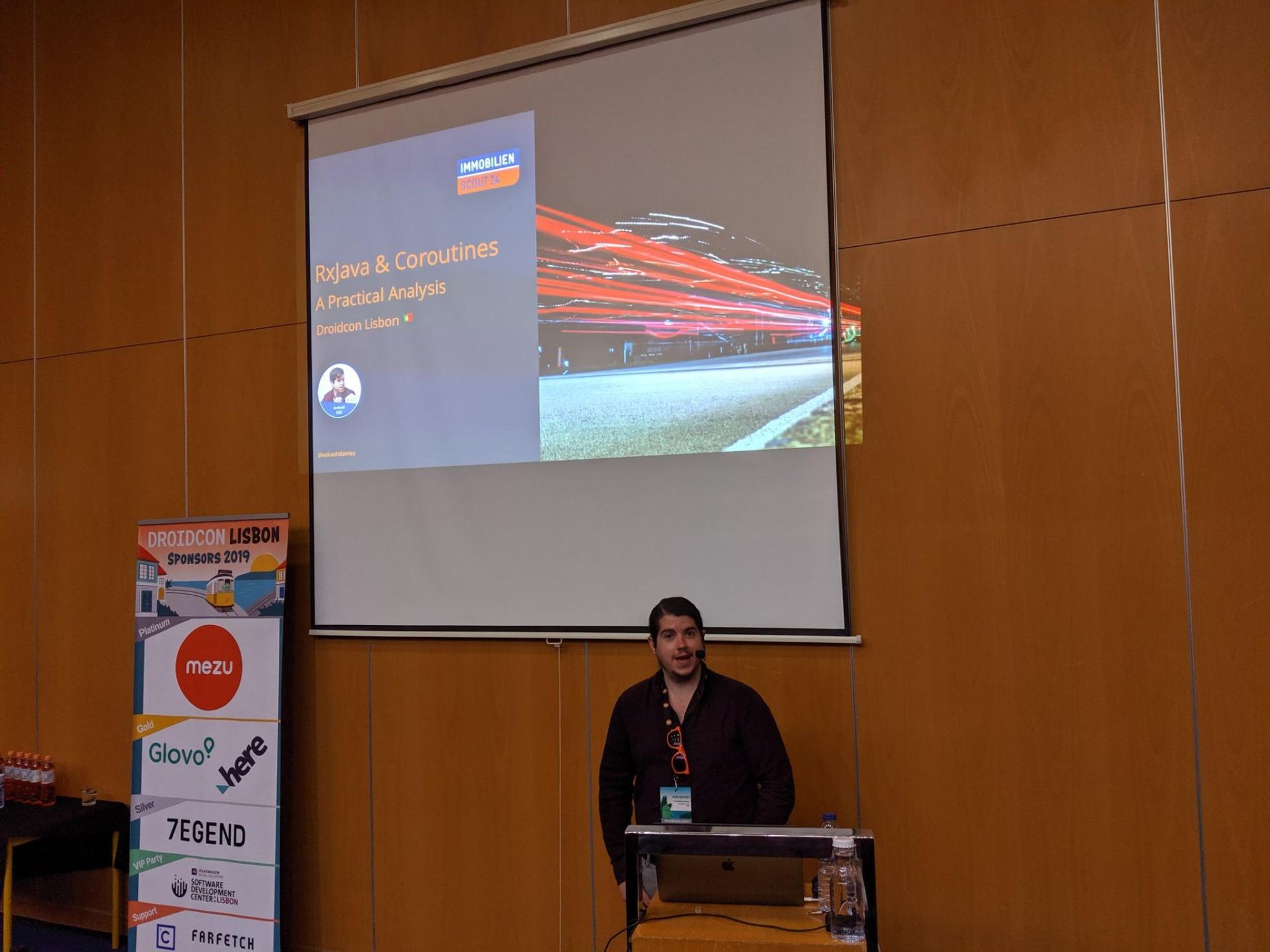
Refactoring Legacy Code with Kotlin
Legacy code can be quite the challenge to manage, often resulting from untested scenarios, quick fixes, or less than successful initiatives. With few developers wanting to deal with it, it can end up with little remaining knowledge of its inner workings. We can take many learnings from Michael Feathers book on “Working Effectively with Legacy Code”, but we can also use Kotlin migration as an effective tool to leverage the management, reduction, and removal of legacy code in our applications. ...
